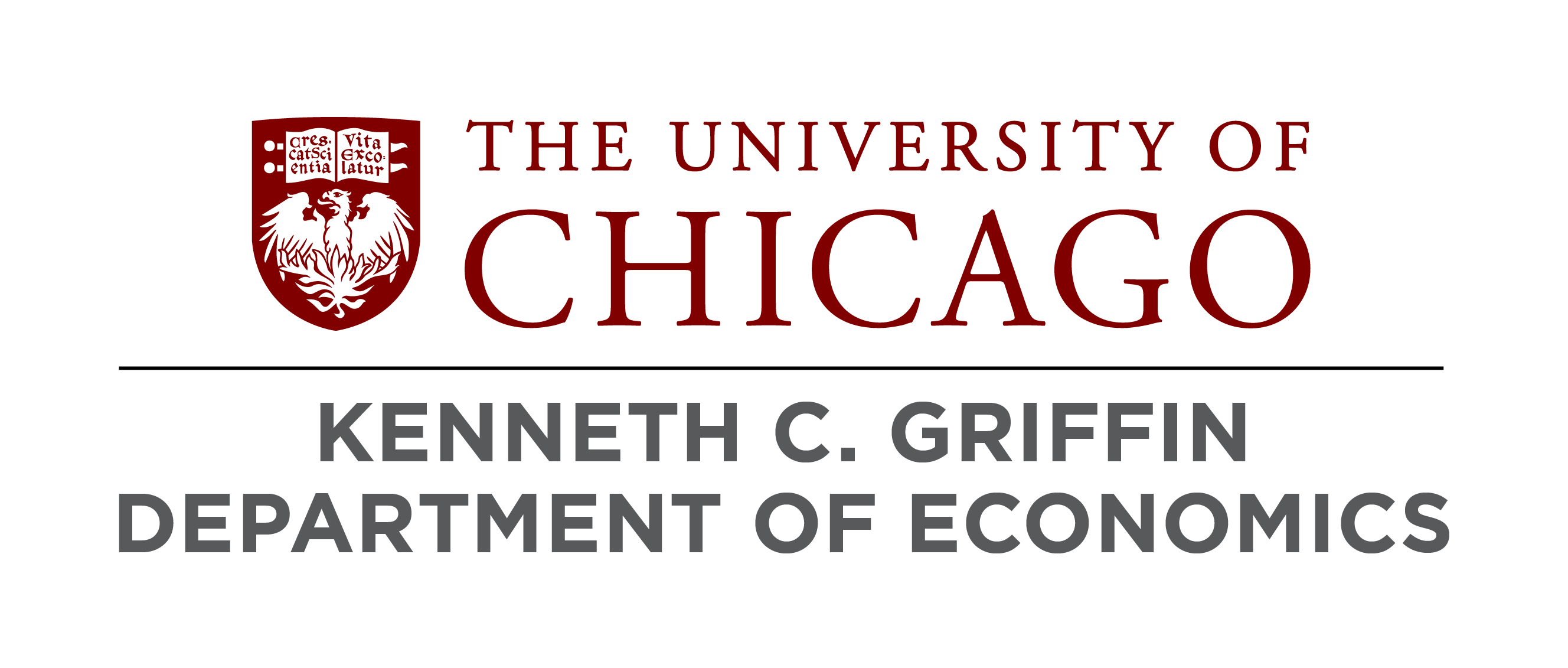CHANGING CENTURY-OLD STATISTICAL STANDARD COULD IMPROVE SCIENTIFIC RESEARCH: LIST ET AL. (2017)
PUBLISHED ON SEP 12, 2017
Simply changing the p-value statistical standard, proposed by statistician Ronald Fisher and adopted by the scientific community in the 1920s, could dramatically improve the quality of research and shrink the number of false positives, according to a commentary co-authored by University of Chicago economist John A. List.
“We advertise interventions as working because statistically we think they’re working. But they’re actually not working. This is becoming a crisis in the sciences,” said List, the Kenneth C. Griffin Distinguished Service Professor in Economics.
The authors calculated that lowering the p-value threshold to 0.005 would roughly double rates of replication in psychology and economics, and other fields would see similar outcomes. “Changing the p-value threshold is simple, aligns with the training undertaken by many researchers and might quickly achieve broad acceptance,” the authors said.
The argument represents the consensus of 72 scholars from institutions throughout the world and from a variety of disciplines, and could have a major effect on the publication of academic work and on public policy.
 THE UNIVERSITY OF CHICAGO
THE UNIVERSITY OF CHICAGO

